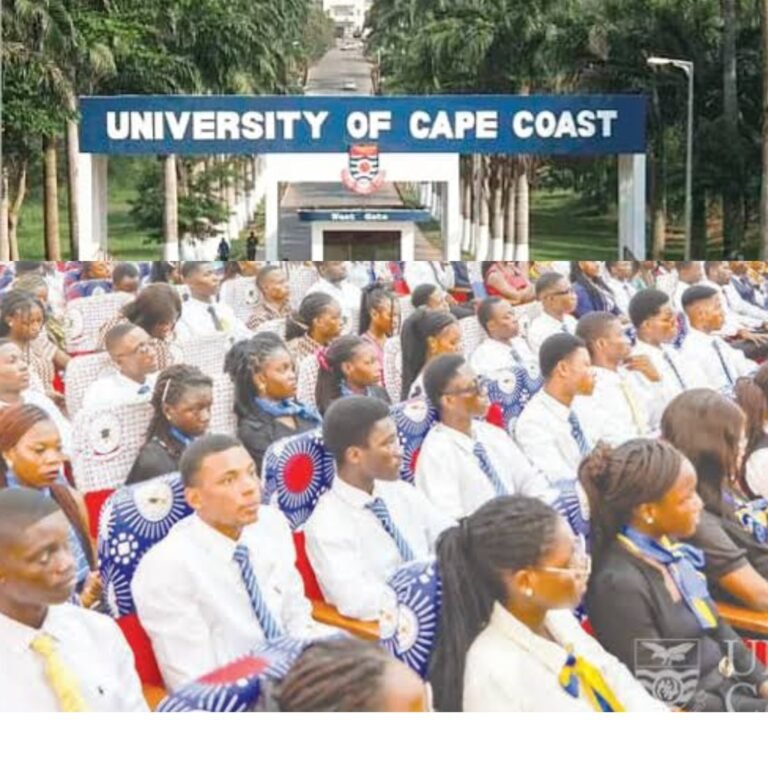
Executive Director of Danquah Institute (DI), Antoinette Tsiboe-Darko
The Executive Director of Danquah Institute (DI), Antoinette Tsiboe-Darko, yesterday lauded the economic recovery strategies implemented by the government in the wake of the COVID-19 pandemic.
Dr Tsiboe-Darko, in a media encounter, described the 2022 budget as one through which the government seeks to disentangle the economy from the shackles of aid, and to better the lives of Ghanaians.
She recalled how the unforeseen COVID-19 pandemic disrupted the otherwise prudent fiscal management by the NPP government, with economic growth decline to 0.4% in the 2020 – the lowest since 1983.
Economic recovery
According to the DI Executive Director, the debt-to-GDP ratio by the end of 2020 was at 76.1 percent, and fiscal deficit had increased to 11.7 percent without the financial sector and energy sector related expenditures.
“Danquah Institute is happy to note that the recovery strategies implemented by the NPP government in the wake of the COVID-19 pandemic have yielded dividends.
“The economy grew at 3.1% and 3.9% respectively during the first two quarters of this year. On average, therefore, the economy grew at 3.5% during the first half of the year – which is higher than the 2016 growth rate. Therefore, even though the adverse effects of the COVID-19 pandemic still remain, the Ghanaian economy is growing faster than it was when the current NPP government took over power in January 2017,” she noted.
Support
She called on Ghanaians to support the implementation of the 2022 budget since it is an opportune moment to foster economic development.
“Ladies and Gentlemen, the second term of office of the NPP government started with the challenge of having to pay a gargantuan GHC35 billion as interest payment as well as allocating GHC30 billion for workers’ remuneration.
“Indeed, as noted by the Finance Minister, Hon. Ken Ofori-Atta, while presenting the 2022 budget, interest payments and compensation payments alone at the end of September 2021 amounted to 48.7 billion GH¢– which is 103.3% of total revenue and grants received at the time. In other words, Government would have to definitely contract loans to take care of critical expenditure, including goods and services and capital expenditure,” she said.
“We therefore commend the Government for the determination to relentlessly reverse overreliance on debt financing. The developments within the primary, secondary and tertiary sectors are massive,” she added.
Development within sectors
Touching on the development within the primary sector, she said, historically, most economies start with the primary sector as the leading contributor to GDP growth.
“Unfortunately, most emerging market economies (including Ghana), have been ‘leap frogging’ by changing the baton of ‘leadership in GDP growth’ from the primary sector straight away to the tertiary. In other words, the industrial sector of most of these economies receive little or no priority in the development process,” she said.
This, she believes, is the result of unemployment and under-employment in such economies. She said the NPP government, aware of these, had since 2017 rolled out several policies to revive the primary and the secondary sectors to assume their rightful positions in the development of the economy.
Dr Tsiboe-Darko also observed that the secondary sector appears to be recovering significantly from the negative impacts of the Covid-19 pandemic since it grew at a negative 1.3 percent during the first half of the year, compared to the negative 3.2 percent the same period in 2020.
“DI wishes to use this opportunity to urge the Government to build more factories. Industrialization has never received attention since the days of Kwame Nkrumah, as it is today. It has the potential to create more jobs while deepening Government’s revenue mobilization efforts – with an overall aim of reducing the country’s dependence on AID,” she stated.




